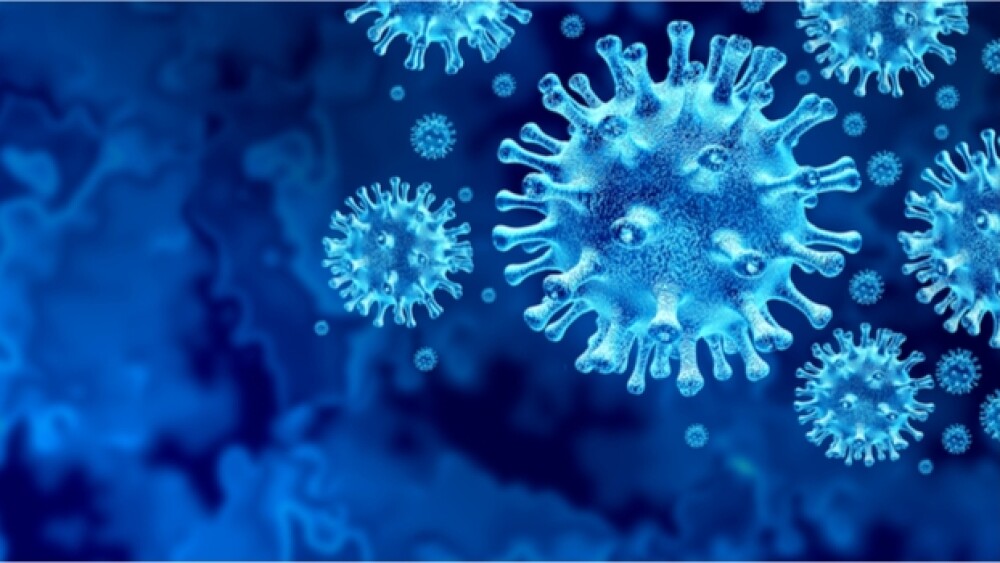The decision to halt critically ill patients was made in response to Regeneron’s independent safety board finding a potential safety signal and an unfavorable risk-benefit profile of the monoclonal antibody therapy in a subgroup of patients requiring high-flow oxygen or mechanical ventilation.
Regeneron Pharmaceuticals has decided to halt enrollment of very sick patients with COVID-19 in its trial studying antibody cocktail REGN-COV2, a treatment previously touted as a “cure” by President Donald Trump after he received the experimental therapy for his COVID-19 infection in October.
The decision to halt critically ill patients was made in response to Regeneron’s independent safety board finding a potential safety signal and an unfavorable risk-benefit profile of the monoclonal antibody therapy in a subgroup of patients requiring high-flow oxygen or mechanical ventilation. These patients are generally sicker and hospitalized because they are in the advanced stages of the disease.
The Tarrytown, N.Y.-based pharmaceutical company says it is blinded to the trial data. As such, the company did not provide specific details in their Friday morning statement on what the safety signal was or in which group experienced the unexpected event. The hold on enrollment will stay in place until the independent data monitoring committee can collect and evaluate further data on severely ill patients currently enrolled in Regeneron’s trial.
Regeneron also says it has informed the U.S. Food and Drug Administration (FDA) of the safety signal and the decision to halt new enrollment of critically ill patients. The agency is currently evaluating the therapy for a possible emergency use authorization (EUA) in mild-to-moderate patients with COVID-19 who are at high risk for poor outcomes.
While patients with severe disease will be excluded from the trial from this point forward, Regeneron will continue enrolling other types of patients. These will include non-hospitalized patients as well as hospitalized patients who require either no or minimal levels of supplemental oxygen.
Under recommendations from Regeneron’s safety board, outpatients will not be affected by the enrollment hold, allowing the company to continue evaluating longer safety and efficacy of REGN-COV2 in this potentially less-vulnerable population.
REGN-COV2 is also under investigation in the UK-based RECOVERY trial, which includes hospitalized patients. Another study is examining the use of REGN-COV2 for as a prophylactic measure for people at high COVID-19 exposure risk.
News of the enrollment hold immediately follows positive findings from Regeneron’s ongoing Phase II/III trial, which show REGN-COV2 significantly reduced viral load and need for additional medical care in 524 outpatients with COVID-19. Similar findings in 275 non-hospitalized patients were previously reported and provided hope that the therapy could be fast-tracked to EUA approval.
Regeneron recently reported it currently has only enough doses of REGN-COV2 for 50,000 people. Additionally, the company says it has an approximate manufacturing capacity of just 50,000 doses per month. Since the current numbers of available doses are insufficient to meet the demand, the antibody drug will likely be administered directly as a preventative agent for healthcare workers and at-risk patients, like the elderly and patients with comorbidities and/or immunosuppression.
Just three days before Regeneron’s enrollment hold announcement, Eli Lilly and Company said it also halted its clinical trial of its antibody therapy, LY-CoV555, in hospitalized patients with COVID-19. LY-CoV555 is a potent neutralizing IgG1 monoclonal antibody, and just like Regeneron’s REGN-COV2, the therapy has since now been considered unlikely to help hospitalized patients with COVID-19 recover from advanced disease.
Lilly is continuing to study their antibody therapy in patients with mild-to-moderate COVID-19 as well as in patients with even less advanced disease. Lilly has also requested an EUA for LY-CoV555 based on data suggesting the antibody cocktail helps non-hospitalized patients.
Unlike Regeneron, Lilly said it can supply hundreds of thousands of doses of its therapy, per an agreement with the U.S. government. This $375 million agreement will help Lilly to supply up to 300,000 vials of LY-CoV555, with the potential for purchase of an additional 650,000 vials. Patients will face no out-of-pocket costs for the treatment, if approved and distributed.





